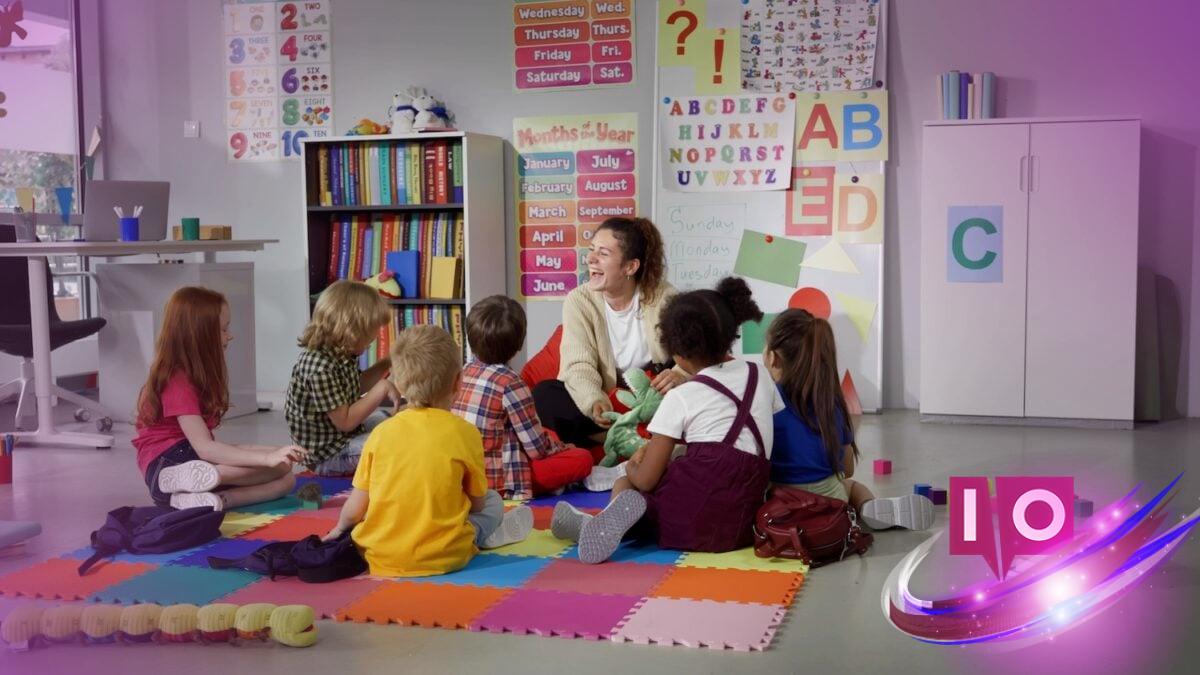In the rapidly evolving landscape of education, embracing technology, especially Artificial Intelligence (AI), is becoming more critical than ever. A recent seminar in San Antonio, organized by the American Federation of Teachers (AFT) and significantly supported by major tech companies, illustrates this trend. During the three-hour workshop, around 50 educators were introduced to AI tools designed to enhance their lesson planning.
As a professional content strategist with experience in educational technology, it’s clear that understanding AI’s potential can transform our classrooms. Kathleen Torregrossa, a trainer at the seminar, emphasized this point: “We are preparing kids for the future. That is our primary job. And AI, like it or not, is part of our world.” With 60% of K-12 teachers already incorporating AI into their work, according to a September Gallup poll, the conversation around AI in education is crucial.
1. The Tech Funding Behind Teacher Training
The AFT’s initiative, backed by an impressive $8 million cash and $2 million in resources from OpenAI, alongside $12.5 million from Microsoft over five years, aims to equip teachers with AI knowledge. The goal is to train around 400,000 educators, nearly a quarter of the AFT’s membership. This funding reflects a significant commitment to integrating AI into educational practices.
2. Diverse AI Tools for Educators
At the San Antonio event, a variety of AI tools were demonstrated, including ChatGPT, Gemini, Microsoft CoPilot, Khan Academy’s Khanmingo, and Colorín Colorado. Educators expressed enthusiasm, with one first-grade teacher praising AI for its time-saving capabilities. “It can save you so much time,” she noted, indicating how AI can help combat the age-old challenge of keeping students engaged.
3. Growing Concerns from Parents
Despite the enthusiasm among educators, parents are expressing growing skepticism. A recent poll revealed that support for AI-generated lesson plans among parents has dropped from 62% in 2024 to just 49% this year. This growing wariness begs the question: are AI-generated lesson plans up to the academic standard? Studies suggest many may fall short, which raises valid concerns about educational quality.
4. AFT’s Response to Criticism
The AFT has acknowledged these concerns and provided guidance through publications, emphasizing the importance of student privacy and maintaining a strong teacher-student connection. Randi Weingarten, AFT president, stated, “The direct connection between a teacher and their kids can never be replaced by new technologies.” This highlights a commitment to ensuring that AI enhances rather than detracts from personal interaction in the classroom.
5. What Does This Mean for the Future of Education?
As AI continues to evolve, the educational sector must find a balance. Educators venturing into using AI should be clear on its capabilities and limitations. The integration of AI presents exciting opportunities for personalized learning, but it must be approached with caution to avoid pitfalls.
How can educators effectively utilize AI to enhance student engagement? By leveraging tools to create customized learning experiences, educators can address varying student needs and interests. Some teachers are already using AI to personalize storybooks, making learning more relatable and engaging for their students.
Will AI really improve lesson quality? While initial results show mixed outcomes, the key will be ongoing evaluation and adaptation to ensure that lesson plans meet educational standards. This dialogue between educators, parents, and AI developers is vital for successes in using AI wisely in schools.
How can schools prepare for AI integration? Professional development programs tailored to equipping teachers with AI skills are essential. Schools must foster a culture of continuous learning and adaptation to technology.
Are AI tools secure for student use? Ensuring that these tools prioritize student privacy and security is crucial. The AFT stresses this point, claiming that safeguarding student data remains a top priority in the AI integration process.
In conclusion, the integration of AI in classrooms is more than a trend; it represents a substantial shift in how educators prepare students for the future. As this technology advances, staying informed and proactive becomes vital. Continue to explore more insights and resources related to educational technology at Moyens I/O.
